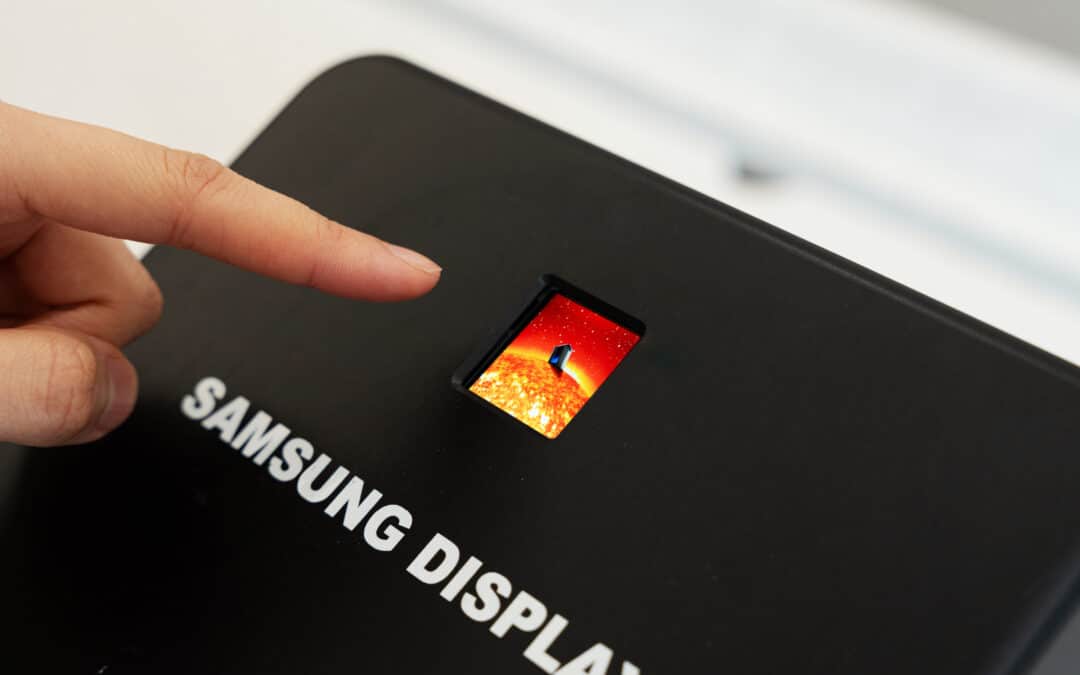The US government led by President Donald Trump has announced plans to impose a 25% or higher tariff on chip imports, a move that could pose significant challenges for Samsung. As one of the world’s largest chipmakers, Samsung relies heavily on its global supply chain, and the tariff could impact both production costs and pricing for its customers.
Samsung faces challenges as US plans 25% tariff on chip imports
Samsung is the world’s largest producer of memory chips. The Korean semiconductor giant is also an industry leader in non-memory products, including application processors. Additionally, it is one of the most advanced semiconductor foundries, with plans to start 2nm mass production later this year.
As you might expect, South Korea is Samsung’s biggest semiconductor hub. While it also has manufacturing facilities in other countries, including the US — its Austin plant has been operational since 1996 — the bulk of its advanced chips is produced in the home country. The company ships the products to customers worldwide, including major tech companies in the US.
The new tariff would likely increase costs for Samsung’s US-bound chip exports, potentially making its products less competitive against domestic suppliers like Intel and Qualcomm. The company has been preparing for potential trade policy changes, expanding its semiconductor manufacturing presence in the United States. It is building two new facilities in Taylor, Texas.
However, Samsung may need to accelerate its US expansion plans or explore new supply chain strategies to adapt to the potential tariff burden. The company could also push for policy negotiations or exemptions, given its substantial investments in American manufacturing. Trump did say he would allow some time for foreign companies to set up factories and start production in the US, so maybe the situation isn’t as bad for Samsung as it looks. The company must be closely monitoring these developments and planning its move.






